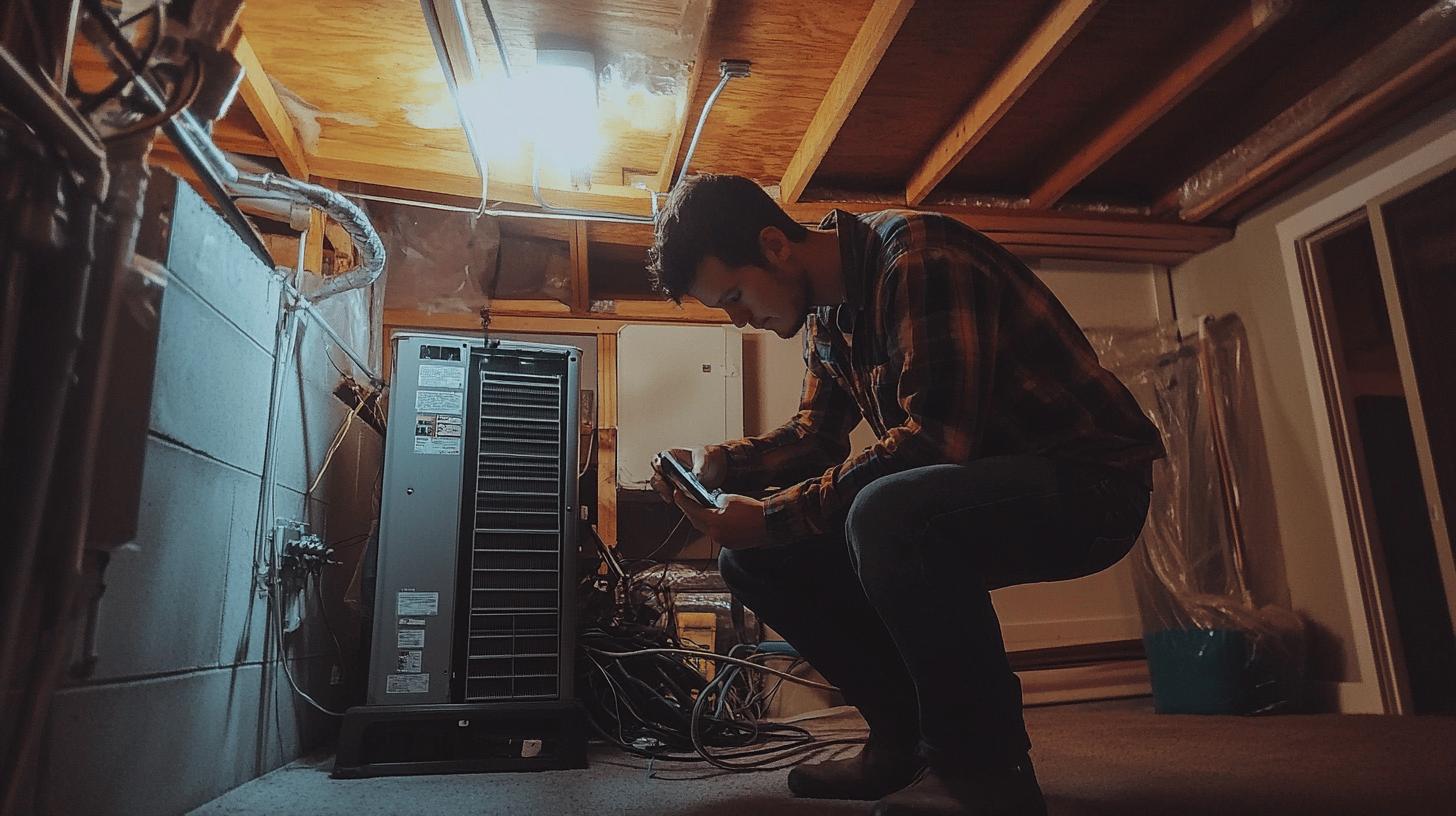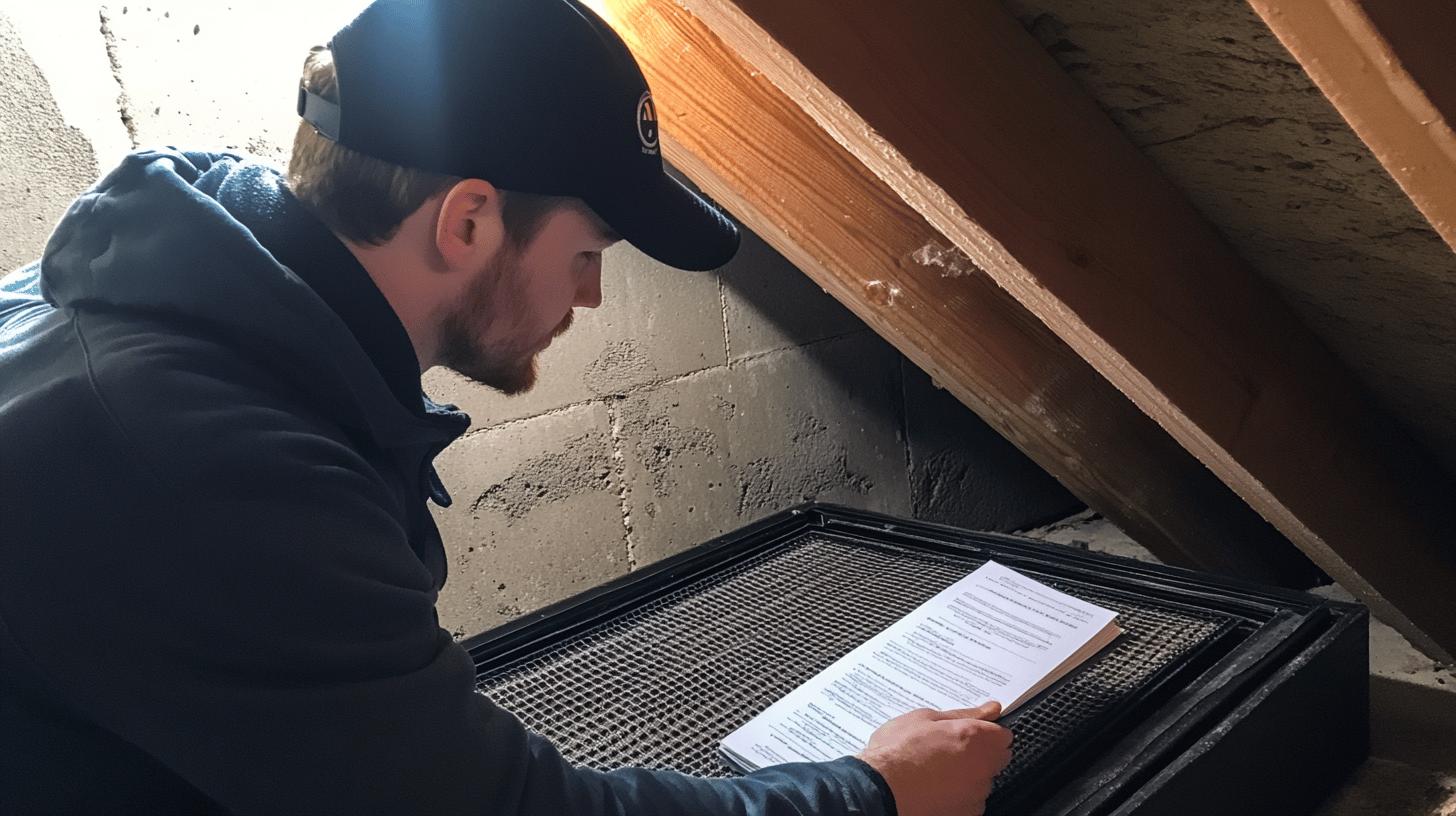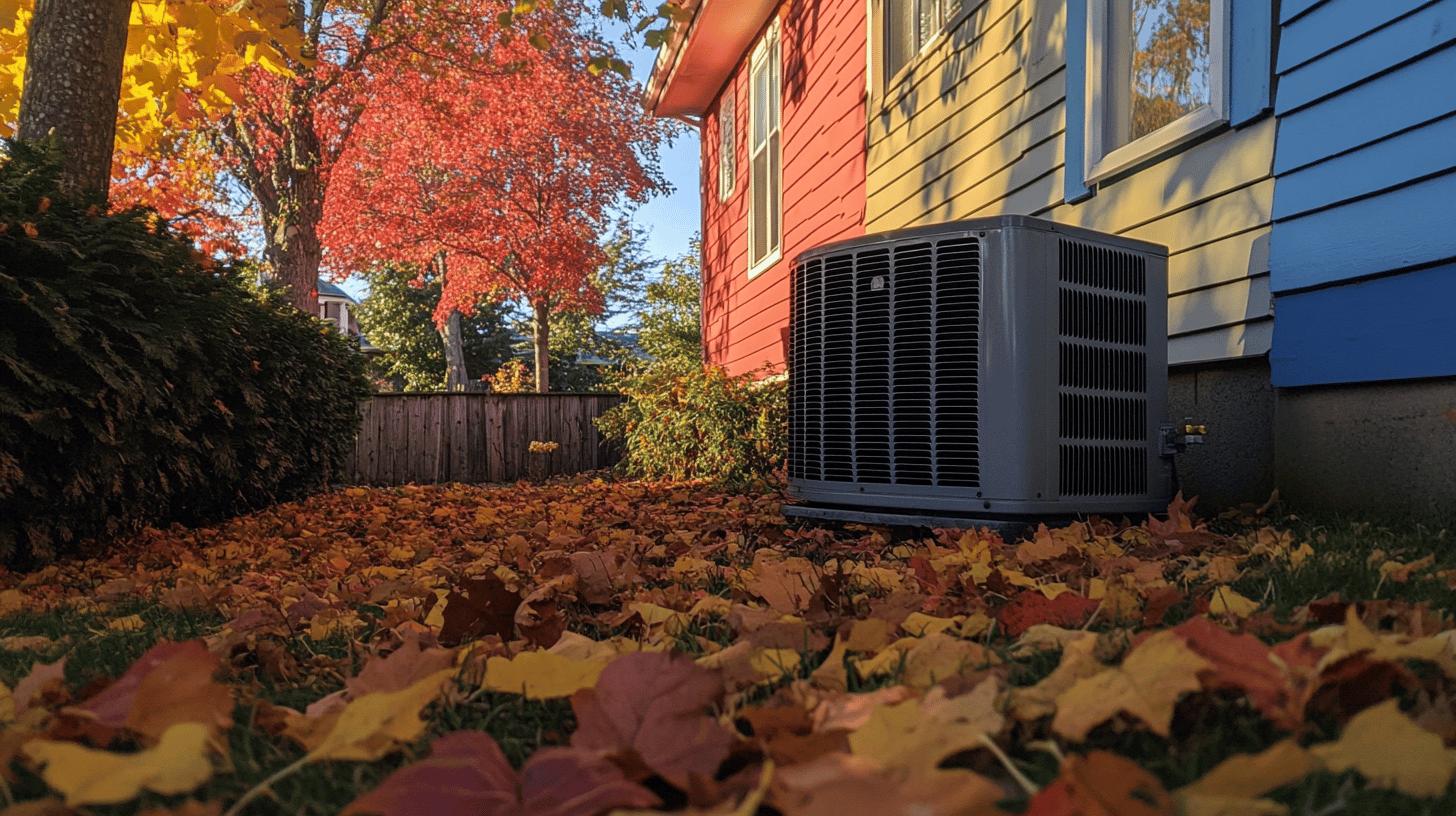Are skyrocketing energy bills causing you to question why your HVAC system is running constantly? You’re not alone. Many homeowners face the frustration of an air conditioner that never seems to take a break. Not only does this lead to increased electricity costs, but it can also signal deeper inefficiencies within your system. This article will explore the most common causes of an HVAC system running nonstop. Understanding these issues and taking corrective actions can enhance your home’s comfort while saving on energy expenses. Let’s get into practical solutions that make a real difference.
Common Causes of Why an HVAC System Is Running Constantly
When an HVAC system is running constantly, it can spike energy bills and shorten its lifespan. If this happens, especially on mild days, underlying issues could need prompt attention. Fixing these not only restores efficiency but also cuts costs.
Several factors might cause this issue. Incorrect thermostat settings are common; if set too low, the system overworks. The system size matters too; a unit that’s too small struggles to cool a space, leading to constant operation. Dirty air filters block airflow, making the system work extra to maintain the desired temperature. Low refrigerant levels, often due to leaks, hinder cooling, causing the unit to run without effectively cooling. Finally, air leaks around windows, doors, or ductwork let cool air escape, making the system operate continuously.
- Incorrect thermostat settings
- System size issues
- Dirty air filters
- Low refrigerant levels
- Air leaks
Addressing these problems is crucial for optimal HVAC performance. If troubleshooting them doesn’t stop the constant running, it’s best to call in professionals. Expert technicians can diagnose complex issues, perform necessary repairs, and suggest upgrades to boost your system’s efficiency.
Diagnosing and Troubleshooting HVAC Issues

Early attention to HVAC issues can prevent costly problems and save energy. A system running constantly means it’s not only wasting energy but will also wear out sooner. Diagnosing issues quickly keeps your home comfortable and efficient.
Start by checking the thermostat settings; if set too low, the system tries too hard to meet an unrealistic temperature. Next, inspect the air filters. Dirty filters block airflow and decrease cooling efficiency. Ensure the system is properly sized for your home, as an undersized unit will struggle to maintain a comfortable temperature. Check for refrigerant leaks, which can severely impair cooling efficiency. Lastly, ensure air vents are clear and unobstructed to allow proper airflow.
- Check thermostat settings
- Inspect air filters for cleanliness
- Ensure system is properly sized
- Look for refrigerant leaks
- Verify air vent clearance
- Consult a professional if needed
Regular maintenance supports a healthy HVAC system. Cleaning or replacing air filters and monitoring refrigerant levels can prevent many issues. If troubleshooting doesn’t resolve the problem, getting professional help is key. Experienced HVAC technicians can perform thorough evaluations and provide targeted solutions, ensuring your system runs efficiently.
Professional Solutions for Constant HVAC Operation
Getting professional HVAC help is the best way to diagnose and know why your HVAC system is running constantly. Certified technicians check key components like thermostats, refrigerant levels, and system size. They use advanced tools to accurately find problems, ensuring nothing is missed. This thorough checkup is crucial because unnoticed issues can lead to inefficiencies and higher energy use.
Hiring a professional has many benefits. They conduct repairs that address immediate issues and enhance overall system efficiency. For example, fixing refrigerant leaks or adjusting thermostats can reduce system strain. Technicians may also suggest system upgrades that meet current energy efficiency standards, potentially lowering energy bills. These improvements maintain a comfortable home without the high costs of a constantly running HVAC system.
Don’t hesitate to get expert advice if your HVAC runs non-stop. Professionals offer technical guidance for homeowners, providing insights into maintaining system efficiency and preventing future issues. Relying on their expertise helps you resolve problems and ensures your HVAC system runs optimally and sustainably.
Preventative Measures to Avoid Constant HVAC Running

Regular maintenance is key to keeping your HVAC system from running constantly. This helps reduce energy consumption and extends the system’s life. Consistent HVAC checkups and seasonal maintenance ensure efficiency, cut operational costs, and minimize breakdown risk. Preventative care maintains system performance and provides long-term savings.
To avoid constant running, focus on specific preventative actions. Regularly cleaning or replacing air filters is essential for airflow and efficiency. Dirty filters can block airflow, making the system work harder. Coil maintenance is important too, as dirty coils hinder heat absorption and reduce efficiency. Checking home insulation prevents cool air from escaping, helping stabilize indoor temperatures. Keeping the area around the unit clear of debris ensures proper airflow, boosting the system’s performance.
- Clean or replace air filter regularly
- Schedule seasonal professional inspections.
- Ensure proper home insulation
- Maintain clear airflow around the unit
- Regularly check and clean coils
These preventative steps lead to better efficiency, fewer repairs, and a longer system lifespan. By investing in routine maintenance and inspections, you create a comfortable home and sustain a low-energy footprint, ensuring your HVAC system remains reliable and effective for years to come.
Final Words
Tackling the issue of why the HVAC system is running constantly requires a proactive approach. By understanding the common causes, such as incorrect thermostat settings or dirty air filters, you can address these problems effectively. Early diagnosis and regular maintenance play crucial roles in maintaining efficiency and preventing costly repairs.
Professional assessment provides further assurance, pinpointing complex issues like system sizing or refrigerant leaks. Taking preventative steps, like seasonal inspections, enhances system performance and longevity.
Embracing these practices ensures your HVAC system runs optimally, keeping your home comfortable and energy-efficient.
FAQ
Why is my HVAC unit continuously running?
Your HVAC may run continuously due to incorrect thermostat settings, a system that’s too small, dirty air filters, low refrigerant levels, or air leaks. Assessing these factors can improve efficiency.
How do I stop my air conditioner from running constantly?
To stop constant running, check thermostat settings and air filter condition. Ensure the system size is appropriate. Address refrigerant levels and air leaks, or consult a professional if issues persist.
Why is my HVAC system not cooling even though it runs nonstop?
If your system runs but doesn’t cool, it may have low refrigerant levels, blocked airflow, or dirty filters. Checking these can help, or seek professional assistance.
Should HVAC systems run all the time?
HVAC systems should not run constantly. Continuous operation may indicate underlying issues, leading to inefficiency and higher energy bills. Regular inspections can help identify problems.
How long can an AC run continuously?
An AC system can generally run continuously for a long period if necessary. However, frequent non-stop operation can signal inefficiency or wear, necessitating maintenance checks.

